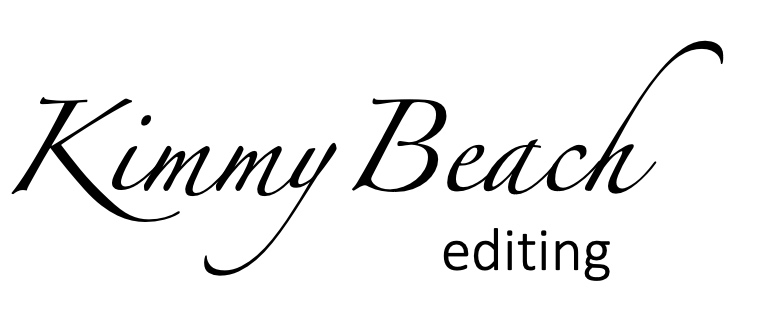Ignore Everything I Say! (Okay, not really.)
Remember this hanging in your local library in the 80s? I sure as hell do. Two of my favourite things: Bowie + Books.
David Bowie’s son, Duncan Jones, said a while back, “My dad was a beast of a reader.” I’ve mentioned before that one of my goals for the next few years is to work my way through Bowie’s list of what he considered the best 100 books he’d ever read. I’d read a few of them before I saw this list, and have read three more so far (in addition to all the other reading I do during the year).
I’ve printed it out and hung it on my office door for easy reference. A while back, I closed my eyes and pointed to page one. My finger landed on City of Night by John Rechy. I have an affinity for books with the word “City” in the title, so it seemed a good choice.
I found it as an audio book on Scribd, and settled in. Over the course of the seventeen hours of listening, I organized all my DVDs and CDs into manageable binders and boxes, I cleaned out three kitchen cupboards, and I threw out all the tupperware lids that no longer fit anything in my plastic container cupboard. [ASIDE: You know what the best tupperware in the world is? Boston Pizza take-out containers. They last forever, and when they finally do fall apart, they’re fully recyclable. Go, BP!]
I listened to the book over a two-week period, often needing to rewind a bit as I’d fallen asleep listening in bed. The house got cleaned, and I learned more about the life of a transient male hustler in the big cities of the USA in the 1950s than I ever dreamed I would. I’d never heard of this book or its author. I’m well-read, but there are certainly gaps in my reading. This was one of them.
There are dozens of characters, and the narrator took his time making sure they were all unique. As a result, I feel sure I could have read the book faster than I listened to it. But I got so caught up in Paul Boehmer’s narration that I couldn’t imagine reading it with that much life and heart.
I occasionally have trouble taking off my editor’s hat when I’m reading/listening for pleasure, but I try hard to do just that. I admit, though, that I sometimes find myself yelling, “ADverbs! ADverbs!” at books the way Miss Shields said, “MARgins! MARgins!” in Ralphie’s daydream of her correcting his classmates’ themes in A Christmas Story.
City of Night is packed to the rafters with adverbs. Sometimes three deep in one phrase. Did it bother me? Not in the slightest. City of Night shifts tenses regularly, often from one sentence to the next. One will be in the past, and in the next, the present. Did it make me bonkers? Not once.
City of Night is full of entire sections in which nothing happens but two characters looking at one another. You know how I feel about superhuman eyeballs. Did this make me stop listening? Not for a second. I was breathless during that scene.
ALL THE THINGS that I spend my life trying to avoid in my own work. All the stuff I suggest authors don’t do. This book is STUFFED TO THE CEILING WITH ALL OF IT and it didn’t bother me once.
I’ve thought about this for a week. Why didn’t all of that make me effing crazy? I think it’s because the characters were so real and so compelling (and so well-voiced) that I was able to overlook the things I would have edited out of that manuscript. Or maybe I wouldn’t have. Those elements are so much a part of John Rechy’s voice that I fear if I had my hands on it, I’d ruin it.
It was humbling in the best way to listen to a book that should have made me shut it off because of the editing I might have thought it needed.
My point: your editor is often RILLY WRONG. I’ve just had that handed to me on my Scribd app. A bit like this, really:
If you’ve landed here, you might be interested in my offer of a reduced cost on a manuscript evaluation if you sign up for one before Friday. Hit the button below to join my mailing list, and you’ll hear all about it!




